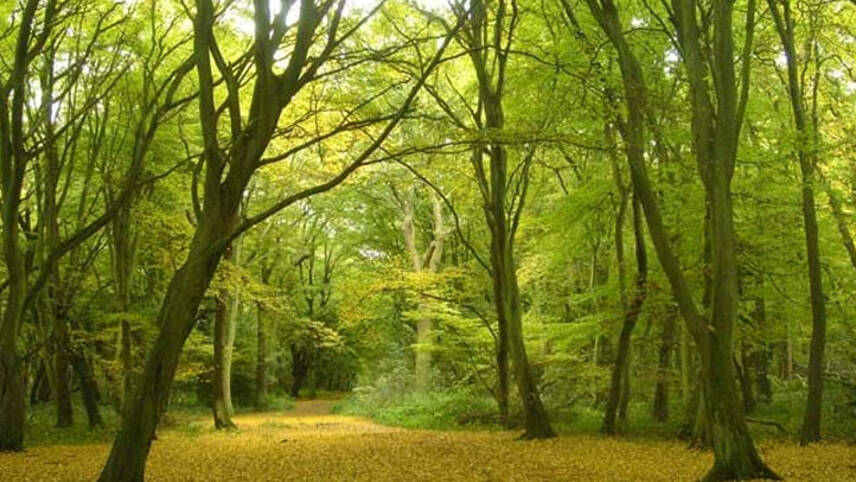Register for free and continue reading
Join our growing army of changemakers and get unlimited access to our premium content

Image: The Woodland Trusts
Published earlier this week, the ONS’s latest annual natural capital accounts are based on data from 2021 – the latest full calendar year for which data is available.
The body has calculated the value of ecosystems and their contribution to the economy in terms of factors including public health benefits, food and water production and pollution removal.
Calculations also include the benefits of nature to culture and recreation, which accounts for the majority (£0.9trn) of the total asset value.
Indeed, the ONS estimates that nature made a £445bn contribution to the UK economy in 2021 purely in terms of the benefits of recreational time outdoors, including public health benefits and tourism.
According to the ONS, its figures should be taken as “partial or minimal”, as it is not yet accounting for all benefits provided by nature. For example, it is not currently calculating the reduction of costs from flooding events resulting from the protection offered by natural infrastructure.
Biodiversity net-gain rules for housebuilders will be mandatory for large projects from January 2024 and will be extended to cover smaller sites in April 2024. For infrastructure projects, new rules will apply from 2025.
National forest competition
In related news, the UK Government is this week launching a competition to support a new national forest, in addition to the existing national forest in the midlands.
A winner will be chosen by this time next year, with up to £10m of Government funding available for forest planning, planting and maintenance. Applicants will need to forecast potential benefits in terms of habitat creation, biodiversity, community nature access and the national net-zero transition.
Environment Secretary Steve Barclay said the scheme should help drive progress towards the Government’s vision of all Brits having access to green or blue space within a 15-minute walk.
This mission is closely linked to targets to treble tree planting rates by the end of this Parliament and achieve at least 16.5% tree and woodland cover by 2050
“As a former Health Secretary, I have seen the benefits that nature has for people’s physical and mental wellbeing,” Barclay said. “Bringing these spaces closer to where people live and work is a key priority for me personally. The value of trees to people and nature has never been clearer.”
The Department for the Environment, Food and Rural Affairs (Defra) is also setting aside £16m for a new Forest Research Programme. This will support 30 scientific projects assessing the biggest threats to British woodlands and mapping potential interventions to improve factors such as disease resilience and climate adaptation.
According to the Woodland Trust, just 7% of native woodlands are in good ecological condition. The Natural History Museum has warned that they are “under pressure like never before” but has concluded that restoration is still possible.


Please login or Register to leave a comment.